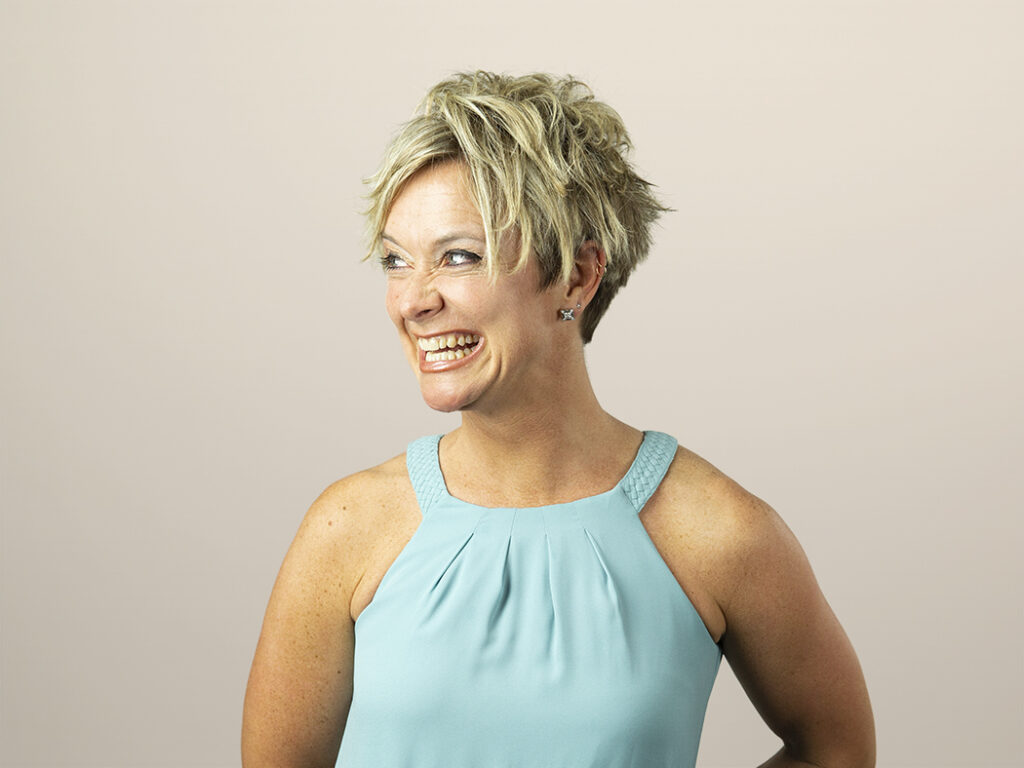Are communities unifying people or simply providing a platform for them to express their differences?
If you’ve never been to Barcelona, you may not know that the local language here is actually not Spanish…it’s Catalan, the native language of Barcelona’s region: Catalunya. Children here are taught in Catalan, and while many also learn Spanish and likely English, I’ve run into several locals who speak only Catalan. And then of course, since the attendees at our event are from all over Europe, there are dozens of languages filling the air during networking breaks and one on one sessions.
I mention this because it struck me that as the world becomes a smaller place (easier to travel anywhere you like, similar businesses/foods in different regions around the world, even the same pop-culture icons and references), cultures are becoming fiercely proprietary about the things that do define their culture from another: like language. What a perfect thing to establish who is qualified to be a member of a given community? If you speak our language, you must be similar enough to us, and proud enough of our heritage to be in our community. Language then, isn’t just a mode of communication; it is also an expression of identity.
Yesterday, Lars Schwenk the Managing Director of Cyworld touched on this during his presentation in my consumer forum track on "Sharing Brand." He mentioned that consumers want to identify themselves in Cyworld as members of certain communities. So Cyworld sells digital icons to community members which they can then post on their profiles or share with friends. In fact, the sale of these ions is Cyworld’s primary business model.
I’m fascinated by the idea that as technology further eliminates boundaries between consumers across the world, consumers become all the prouder of the unique characteristics that describe them and the other members of their communities.
